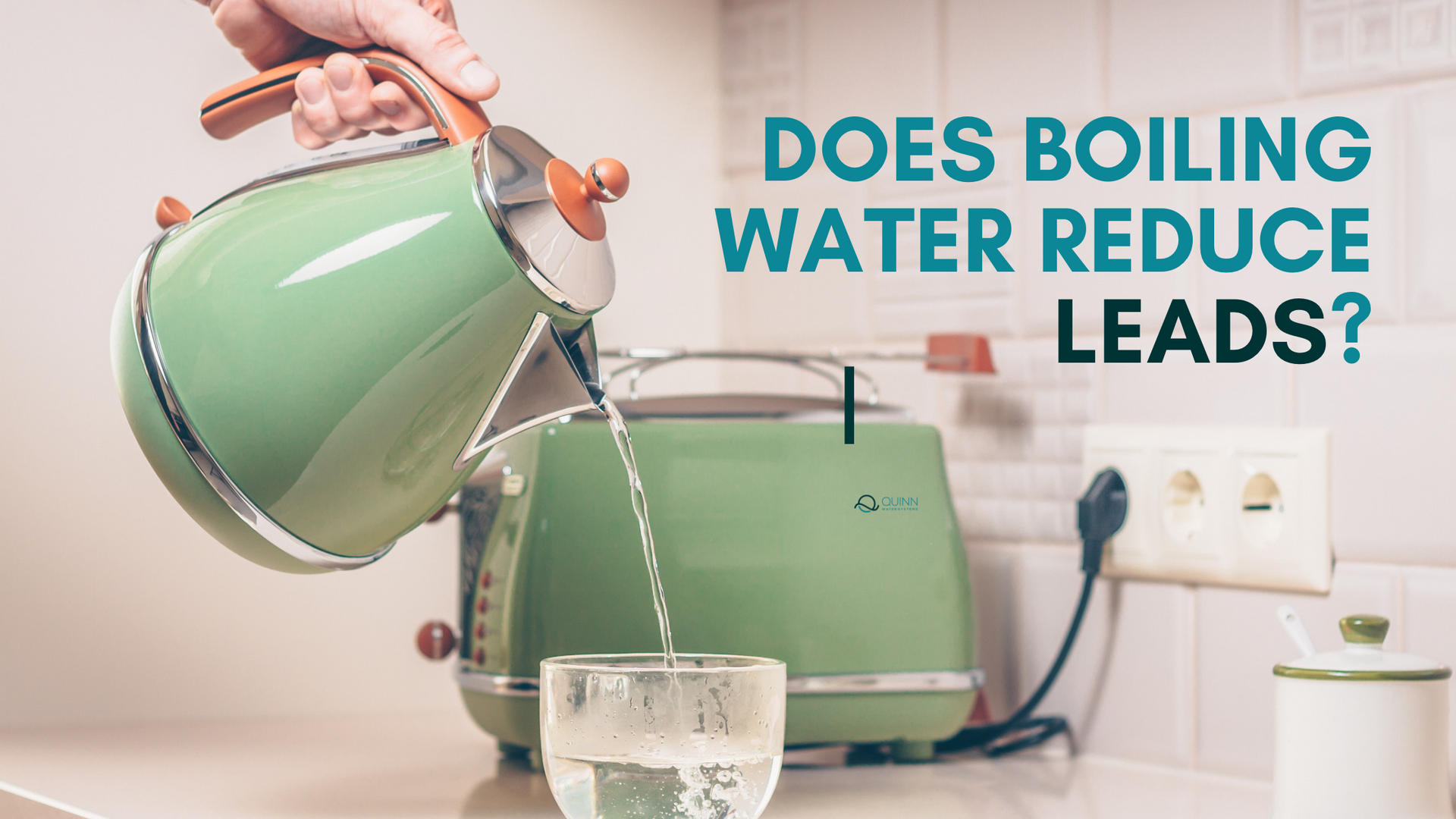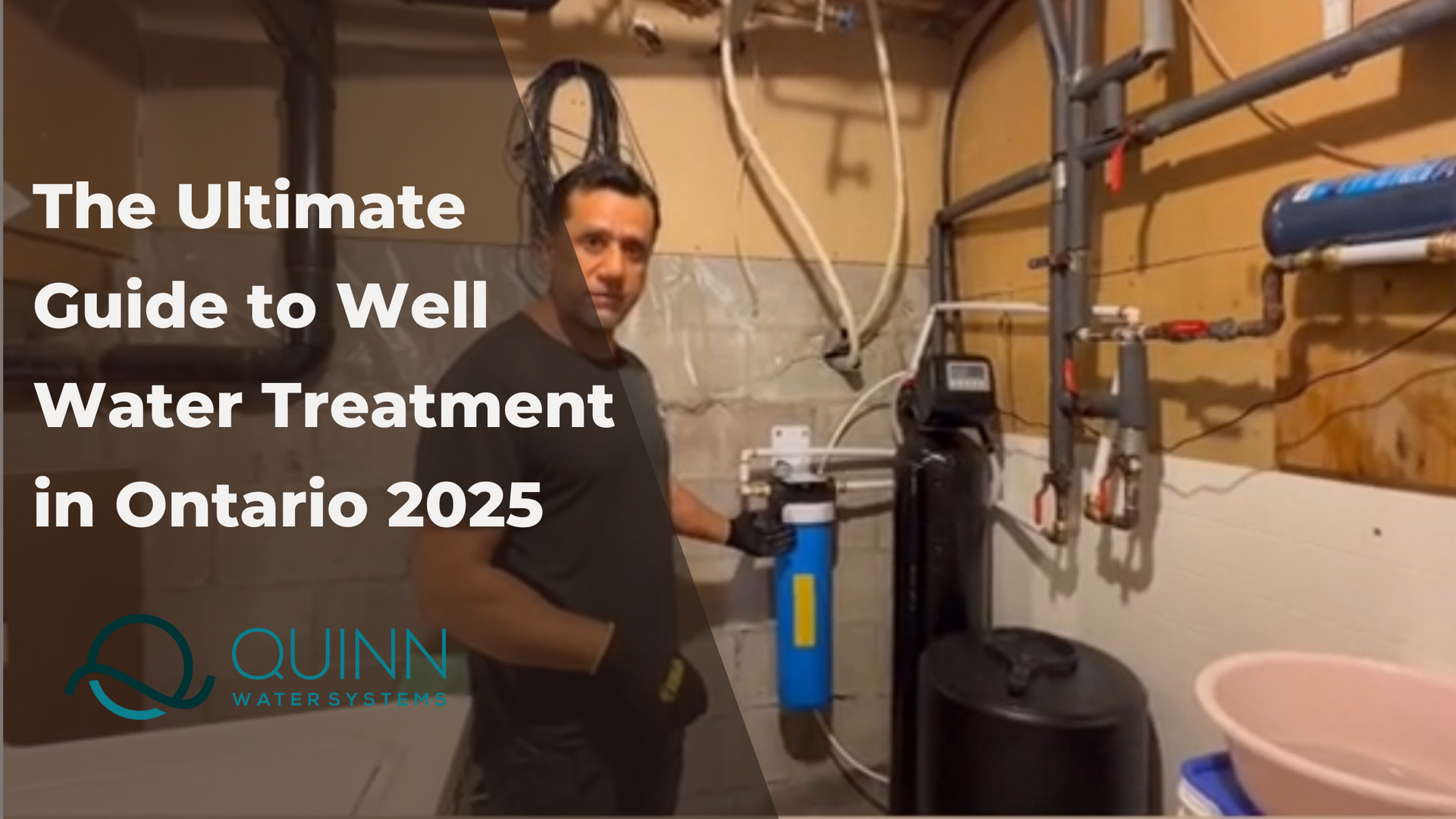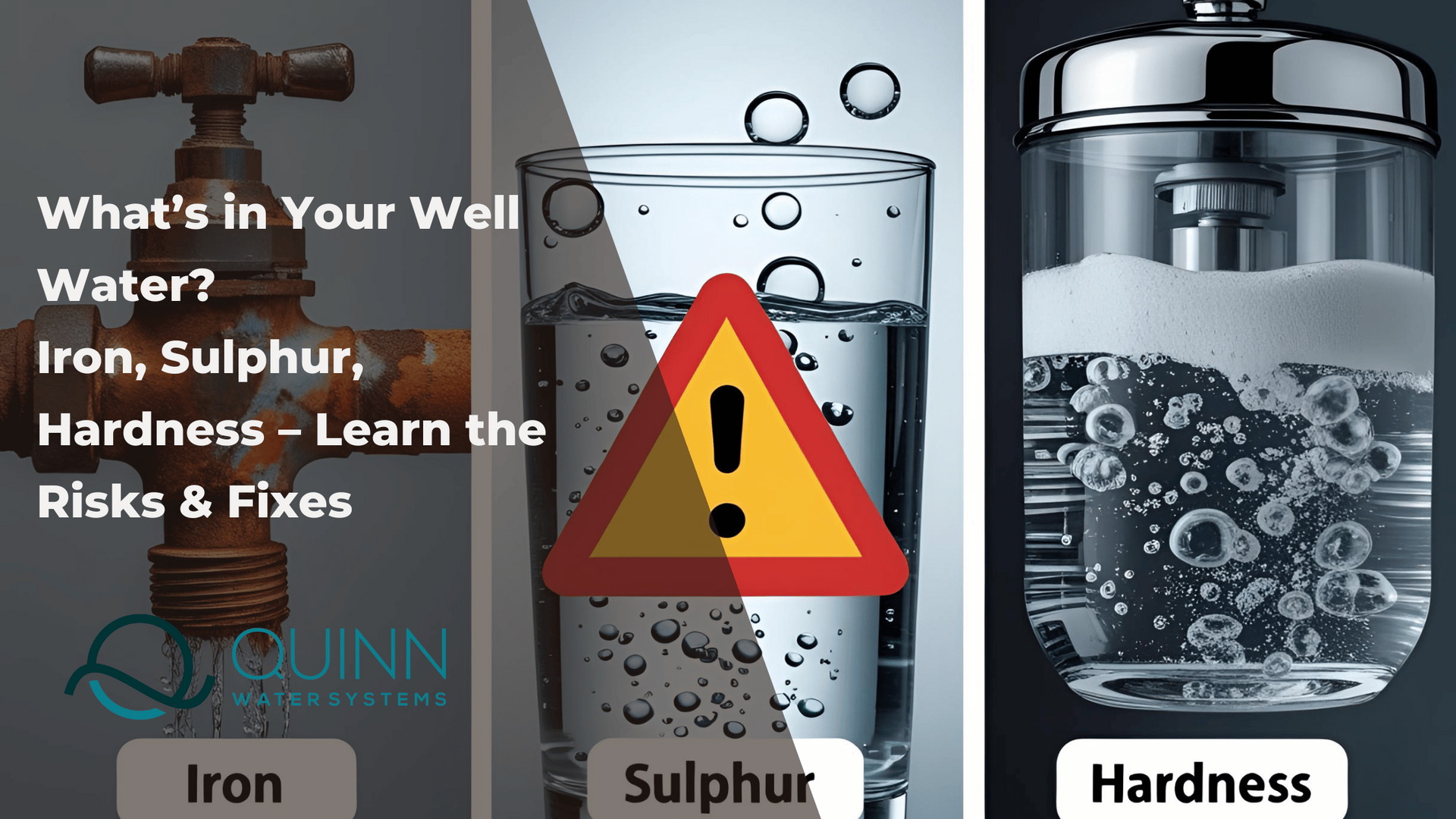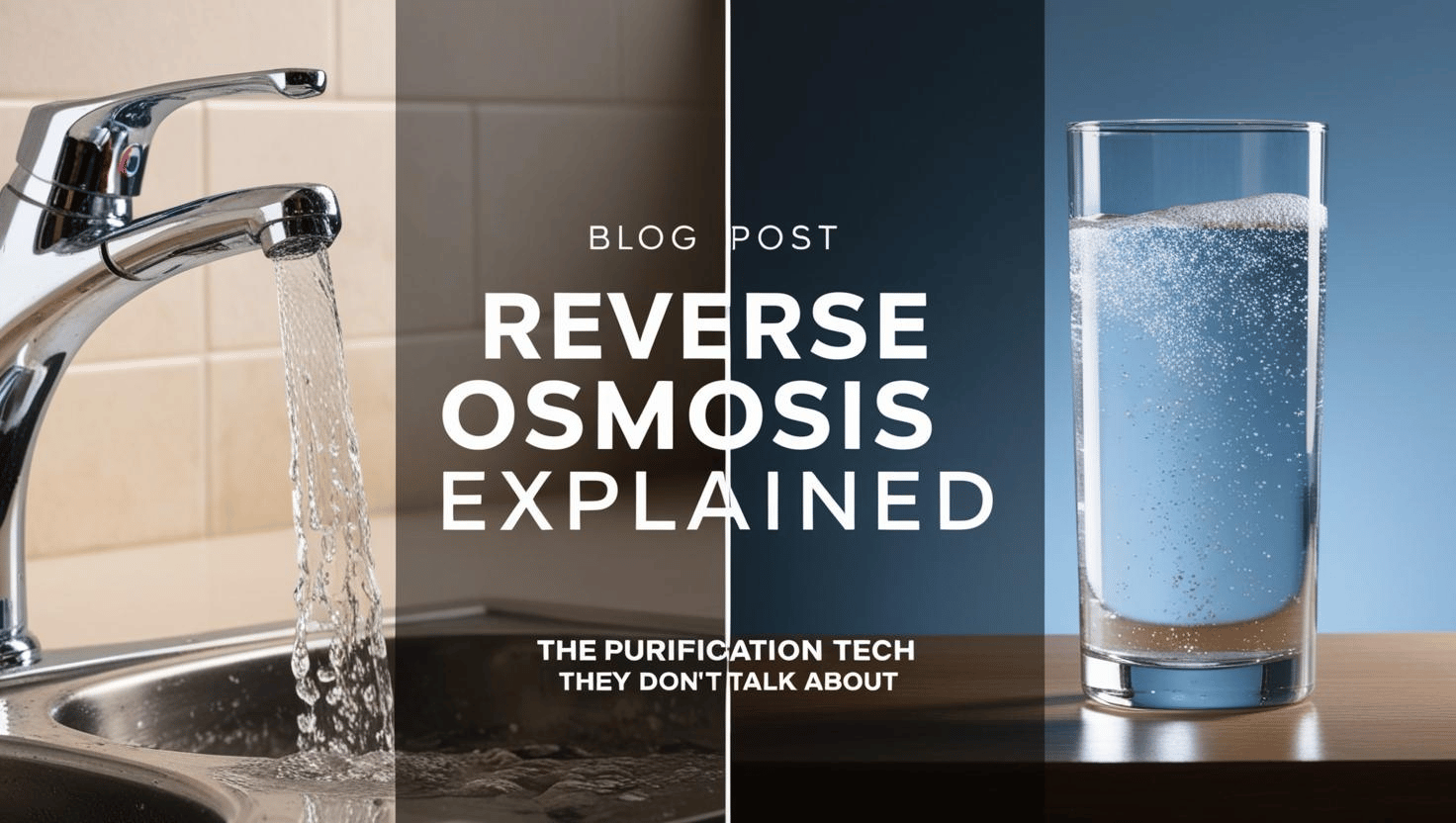Why Does My Well Water Smell Like Rotten Eggs?
Have you noticed a foul “rotten egg” smell coming from your tap water?
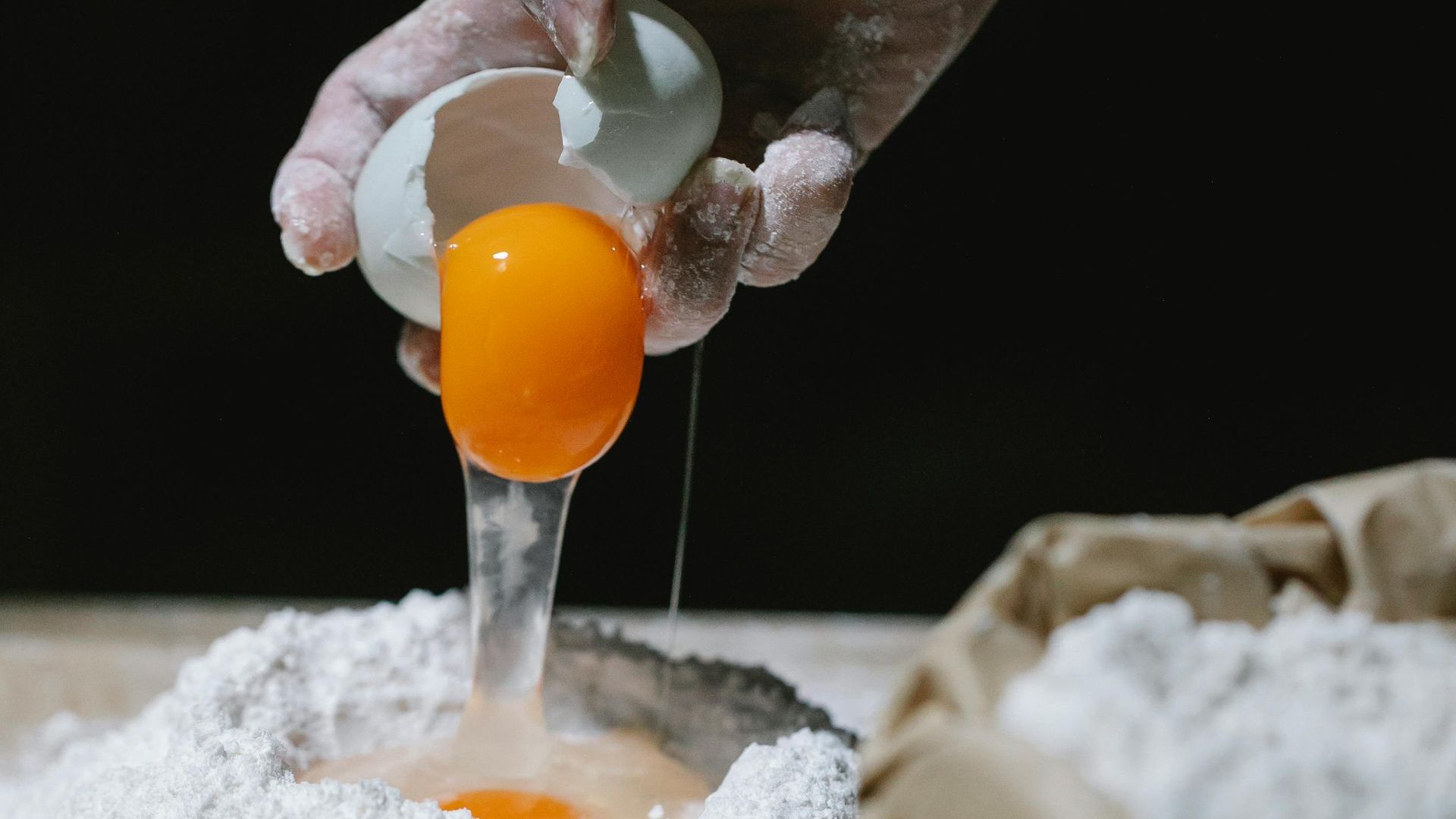
If so, you're not alone—and it’s something you shouldn’t ignore. Many Ontario homeowners who rely on well water encounter this issue. In most cases, the smell is caused by hydrogen sulphide gas or sulphate-reducing bacteria, but the source can vary depending on your plumbing, appliances, or even water treatment equipment.
At Quinn Water Systems, we help homeowners across Ontario diagnose and solve water quality issues, including unpleasant odours. Let’s break down what causes that sulphur smell—and how to fix it.
Common Causes of Rotten Egg Smell in Well Water
1. Localised Plumbing Issues
If the smell only comes from one faucet, especially in the kitchen, the issue might not be with the water itself. A partially clogged drain or decaying organic matter in the sink’s trap can release a sulphur-like odour.
Quick Fix:
Disinfect your sink and drain thoroughly using a bleach solution or drain cleaner.
2. Poorly Maintained Water Treatment Systems
Do you use sediment filters, water softeners, or other water treatment devices? If these systems aren’t maintained properly, they can become breeding grounds for bacteria or accumulate organic debris.
Solution:
Regular maintenance is key. Change filters as recommended and sanitize softeners or filter housings as needed.
| Smell Location | Possible Cause |
|---|---|
| Only Hot Water | Water heater anode rod (magnesium) |
| Both hot and cold – treated water | Bacteria buildup in treatment system |
| Both hot and cold – smell fades after running water | Sulphate-reducing bacteria in plumbing or well |
| Constant smell in all water sources | Hydrogen sulphide in the groundwater |
How to Identify the Source of the Smell
To fix the problem, first identify where it’s coming from:
Digging Deeper: What’s Really Causing the Smell?
⛽️ 1. Sulphate-Reducing Bacteria
These bacteria thrive in oxygen-poor environments (like wells, heaters, or softeners). They convert natural sulphates into hydrogen sulphide gas, resulting in that rotten egg odour.
🔧 Treatment: Shock chlorination of your well and plumbing system. If this resolves the smell temporarily, bacteria are likely the cause.
💨 2. Hydrogen Sulphide in Groundwater
Hydrogen sulphide gas can naturally occur in Ontario’s groundwater—especially in wells drilled in shale, sandstone, or areas with decaying organic deposits.
⚠️ Signs:
- Rotten egg smell
- Black stains on silverware
- Corroded pipes
🧪 Testing Tip: Since hydrogen sulphide is a gas, it can escape water samples. Make sure your lab uses proper stabilization methods when testing.
3. Hot Water Heaters and Anode Rods
Magnesium rods in water heaters prevent corrosion but can also react with sulphates to form hydrogen sulphide, especially if the smell only occurs with hot water.
🔄 Fix: Replace the magnesium anode rod with an aluminium-zinc rod or a powered anode. Don’t remove it entirely unless advised—it protects your tank from corrosion.
Effective Treatment Options
If odour issues persist after chlorination and rod replacement, a treatment system may be needed. Depending on your water test results, Quinn Water Systems may recommend one or more of the following:
- Chlorination system with contact tank
- Sand or carbon filters
- Air injection (oxidation) system
- Greensand filters
- Catalytic carbon + UV system
- Adsorption media systems (like KDF-85 or manganese dioxide)
Still Smells? Get Your Water Tested ✅
Before investing in equipment, book a professional water test to measure levels of sulphur, iron, hardness, and bacteria.
At Quinn Water Systems, we offer in-depth testing across Ontario to help homeowners find the safest, most effective solution for their well water.
Book Your Free Water Test in Ontario Today!
Don't live with smelly water—fix it with help from your local water experts. Whether you’re in Markham, New Tecumseth, Caledon, or Muskoka, we’re here to help.
📞 Call or message us to book a FREE water test
Contact Us
Contact Us
Share this blog
Blog Posts




